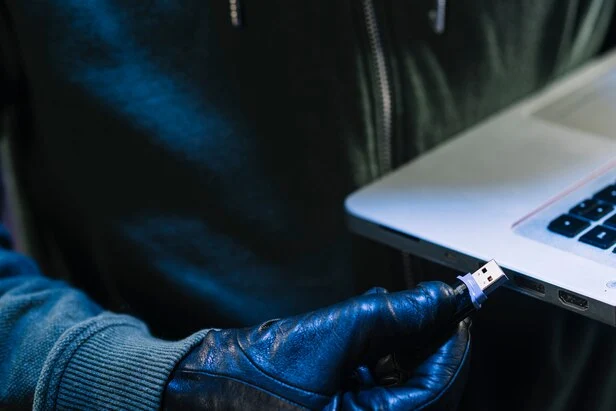In a shocking turn of events, Ransomware attack hits dozens of Romanian hospitals. This cyber assault has left the country’s healthcare system in disarray, with critical patient data held hostage and medical professionals resorting to manual processes. The attack, which targeted the Hipocrate Information System (HIS), has sparked a cybersecurity investigation and underscored the urgent need for enhanced resilience in healthcare cybersecurity.

The Scope of Ransomware attack hits dozens of Romanian hospitals
The ransomware attack initially struck the Pitesti Pediatric Hospital, quickly spreading to at least 25 other hospitals throughout Romania. As a result, more than 100 healthcare facilities have been taken offline, disrupting vital services and endangering patient care. In an attempt to mitigate the impact of the attack, an additional 79 hospitals have disconnected from the internet.
This attack has affected a significant portion of Romania’s healthcare system, which comprises 543 hospitals nationwide. The consequences of such cyber incidents can be dire, as studies have shown that hospitals experiencing downtime from ransomware attacks often face higher mortality rates.
Russian-Speaking Hackers and Phobos Ransomware
Investigations by Romania’s cybersecurity agency, the Romanian National Cyber Security Directorate (DNSC), have revealed that the ransomware used in this attack was a strain called Phobos. Phobos is a ransomware variant created by Russian-speaking hackers. Despite efforts to combat ransomware, this attack highlights the growing global trend of cybercriminals infecting computer systems and demanding bitcoin payments for data decryption.
Phobos ransomware, which has been leaked and is accessible to any criminal hacker, poses a significant threat due to its potential for widespread use. The hackers behind this attack have demanded a ransom of 3.5 bitcoin, equivalent to approximately $170,000. However, DNSC strongly advises against paying the ransom, emphasizing that engaging with the attackers only perpetuates the cycle of cybercrime.
The Impact on Healthcare Services
The consequences of this ransomware attack are far-reaching. With the Hippocrates Information System offline and data encrypted, hospitals are grappling with significant challenges. Medical professionals are forced to rely on manual processes, resorting to paper records and slowing down critical healthcare operations. The situation highlights the vulnerability of healthcare systems to cyber threats and the urgent need for robust cybersecurity measures.
Cybersecurity Resilience in Healthcare
The ransomware attack on Romanian hospitals serves as a stark reminder of the critical importance of cybersecurity resilience in the healthcare sector. The healthcare industry holds vast amounts of sensitive patient data, making it an attractive target for cybercriminals. To safeguard patient care and protect critical infrastructure, healthcare organizations must prioritize cybersecurity and implement robust defense mechanisms.
DNSC, along with cybersecurity experts, is actively investigating the attack to identify the perpetrators and prevent further incidents. This incident should serve as a catalyst for healthcare institutions worldwide to assess their cybersecurity readiness and implement measures to mitigate the risk of ransomware attacks. Ransomware attack hits dozens of Romanian hospitals
The Global Trend of Ransomware Attacks
Ransomware attacks have been on the rise globally, posing a significant threat to various sectors, including healthcare. The increasing frequency and sophistication of these attacks highlight the need for proactive cybersecurity strategies. Last year alone, victims of ransomware attacks paid a record-breaking $1 billion to cybercriminals.
Efforts to combat ransomware must involve a multi-faceted approach. Healthcare organizations should prioritize employee training to enhance awareness of phishing campaigns and other social engineering tactics used by cybercriminals. Additionally, implementing robust backup and disaster recovery systems can help healthcare facilities quickly recover from attacks and minimize the impact on patient care.
Conclusion
Ransomware attack hits dozens of Romanian hospitals serves as a wake-up call for the healthcare industry to prioritize cybersecurity resilience. Healthcare organizations must invest in robust defense mechanisms and proactive cybersecurity strategies to protect patient data and ensure uninterrupted delivery of critical healthcare services. By strengthening cybersecurity measures and fostering a culture of security awareness, healthcare institutions can mitigate the risk of ransomware attacks and safeguard patient care in an increasingly digital world.






![Rapid7 Vulnerability Management]](https://meta-techs.net/wp-content/uploads/2025/03/What-is-Rapid7-Vulnerability-Management-1.webp)
